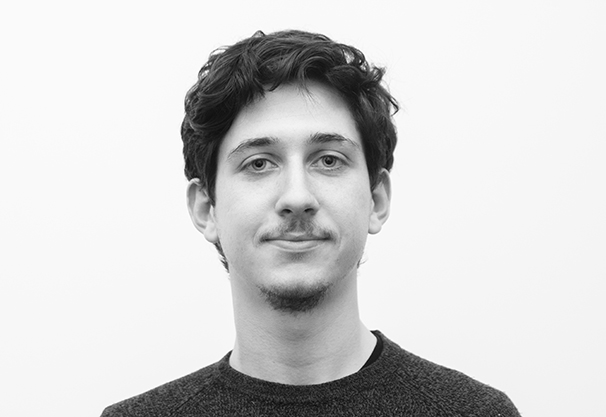Poor political education and media coverage have muddied public understanding of the political situation in Venezuela. Public discourse has decidedly equated current events in Venezuela with those happening halfway around the world in Ukraine. This comparison overlooks the nuance and complexity of both situations and reduces them to headlines and hashtags. It also reflects flaws in liberal theories of pluralism so prevalent in political science departments across the country, especially the NYU Politics Department.
For the past quarter-century, Venezuelan politics have been overtly defined by the classic conflict between rich versus poor, right versus left and capitalism versus democratic socialism. This political era began in 1989 with El Caracazo — the popular revolts and eventual massacre of poor people protesting against the neoliberal policies of President Carlos Pérez. The political era culminated with the presidency of Chávez from 1999 until his death a year ago. As the leader of what he called the Bolivarian Revolution, Chávez sought socialist policies. He used revenue from the nationalized oil industry to fund anti-poverty programs, resisted United States interventionist policies in Latin America and organized militant grassroots groups called colectivos as centers of localized participatory democracy. Naturally, Chávez and his supporters became enemies of the Venezuelan capitalist class and the American government.
The anti-government opposition has resorted to violence in the past. In April 2002, anti-Chavista forces attempted a coup d’état which failed shortly thereafter. Chávez resumed power and went on to win every election — including a recall referendum — by majorities much larger than those seen in U.S. presidential elections.
President Nicolás Maduro does not wield as much popular support as Chávez — he narrowly won the presidential election last year. Yet he did so fairly, and was supported by the same mass constituencies that strongly support democratic socialist policies. The opposition, on the other hand, has refused to recognize the legitimacy of a democratically elected government.
Of course, Venezuela is not without national problems — high inflation rates, high trade deficits and high crime rates plague the country. Yet despite the widespread problems of scarcity and crime that disproportionately hit the poorest Venezuelans, they have been reluctant to join the upper and middle-class street demonstrators.
Poor, indigenous and socialist Venezuelans know what democracy truly looks like. They learned from contemporary history and collective struggles. Unfortunately, their American counterparts have not undergone similar experiences in recent times and, therefore, have not learned the same lessons. Hopefully, Americans will learn about Venezuela’s political climate by turning off cable news and looking toward our neighbors in the south.
A version of this article appeared in the Wednesday, March 12 print edition. Dan Hinton is a contributing columnist. Email him at [email protected].























































































































































